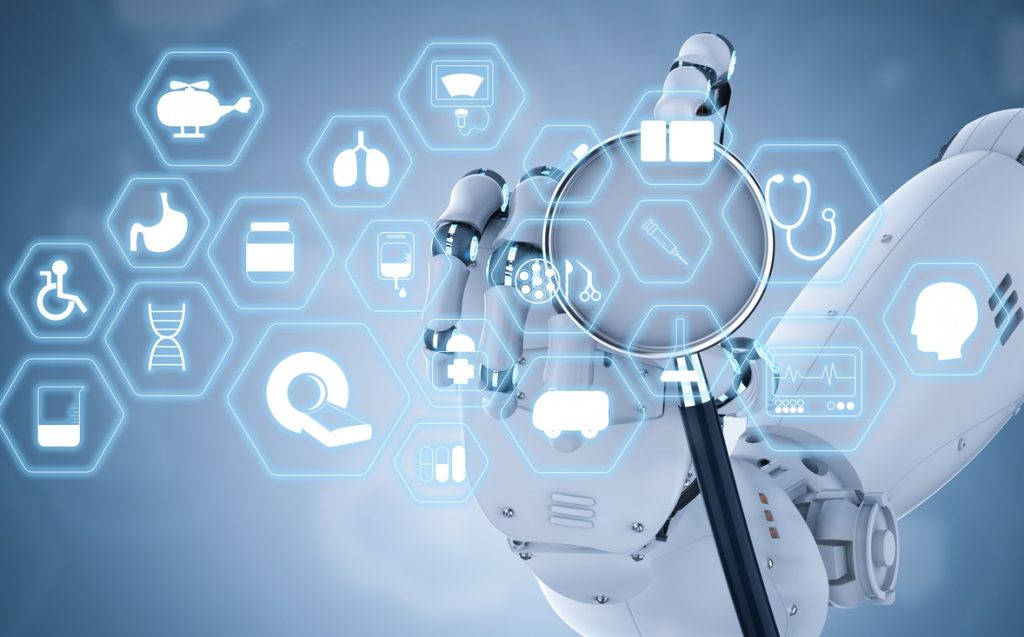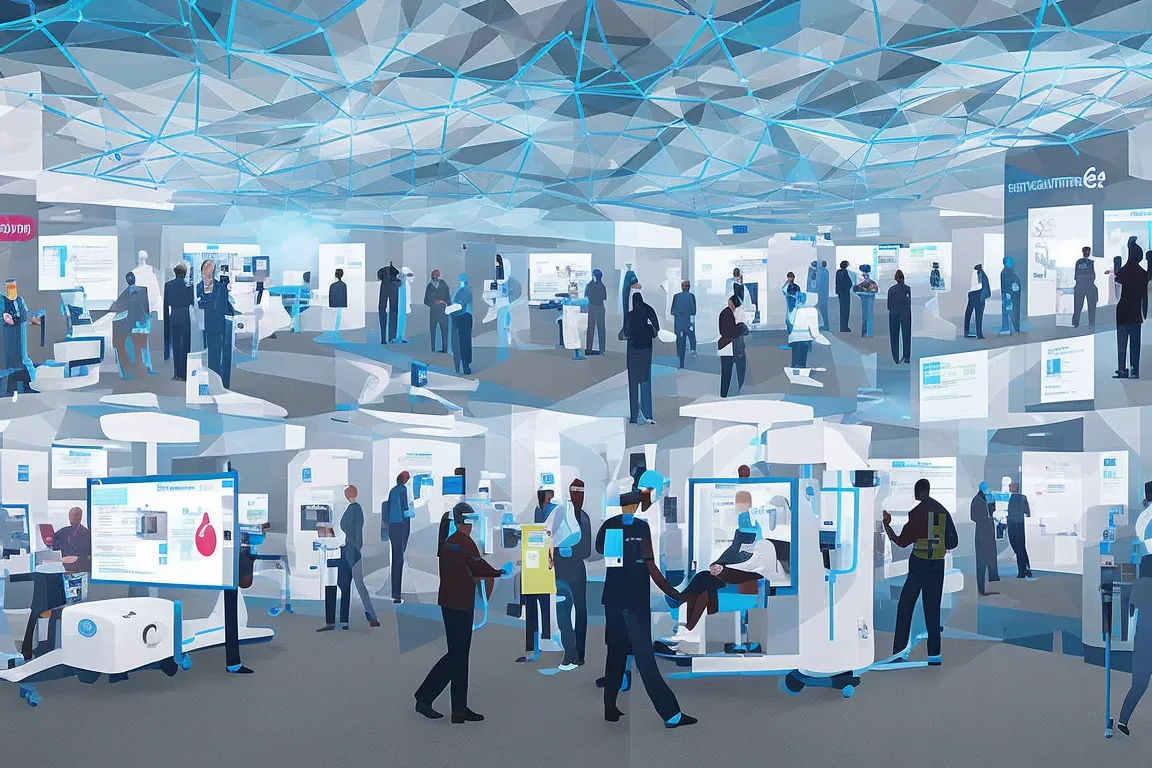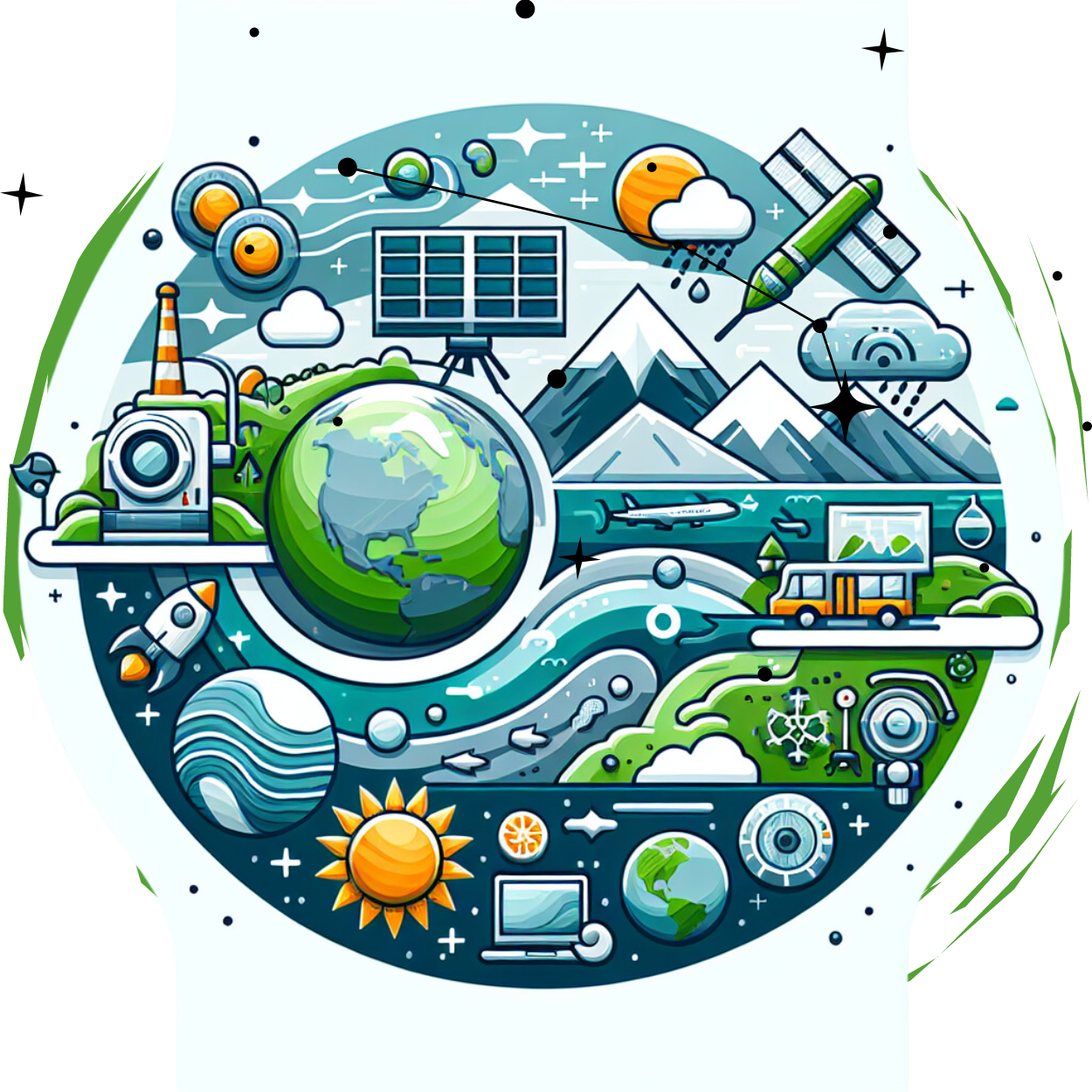
In the rapidly evolving field of healthcare, advanced medical technologies are playing a crucial role in revolutionizing patient care. As we advance into 2024, several groundbreaking innovations are set to transform the way we diagnose, treat, and manage health conditions. This article explores the cutting-edge technologies that are reshaping patient care and what to watch for in the coming year.
1. Artificial Intelligence (AI) and Machine Learning
Artificial Intelligence (AI) and machine learning continue to make significant strides in healthcare. AI-powered algorithms are now capable of analyzing complex medical data at unprecedented speeds and accuracy. These technologies are revolutionizing diagnostics, treatment planning, and patient monitoring.
Key Innovations:
- Predictive Analytics: AI models can predict the likelihood of certain health conditions based on patient data, enabling early intervention and personalized treatment plans.
- Medical Imaging: AI-driven imaging tools enhance the accuracy of diagnostic images, such as MRIs and CT scans, by identifying patterns and anomalies that may be missed by human eyes.
- Virtual Health Assistants: AI-powered chatbots and virtual assistants provide patients with real-time medical information, appointment scheduling, and personalized health advice.
2. Telemedicine and Remote Patient Monitoring
Telemedicine has gained immense popularity, especially in the wake of the COVID-19 pandemic. Remote patient monitoring (RPM) technologies are also advancing, allowing healthcare providers to track patients’ health conditions from a distance.
Key Innovations:
- Telehealth Platforms: These platforms enable virtual consultations with healthcare professionals, reducing the need for in-person visits and increasing access to care for remote or underserved populations.
- Wearable Devices: Advanced wearables, such as smartwatches and fitness trackers, monitor vital signs like heart rate, blood pressure, and glucose levels. These devices transmit data to healthcare providers for continuous monitoring and early detection of potential issues.
- Remote Diagnostics: Devices that can perform diagnostic tests at home, such as blood glucose meters and at-home urine analysis kits, empower patients to manage their health more effectively.
3. Precision Medicine and Genomics
Precision medicine is an approach that customizes healthcare based on individual genetic profiles, lifestyle, and environmental factors. Advances in genomics are making personalized treatments more accessible and effective.
Key Innovations:
- Genetic Sequencing: Affordable and rapid genetic sequencing allows for the identification of genetic mutations and predispositions to certain diseases. This information enables tailored treatment plans and preventive measures.
- Pharmacogenomics: This field studies how genetic variations affect drug metabolism and response. By understanding a patient’s genetic makeup, healthcare providers can prescribe medications that are more likely to be effective and have fewer side effects.
- Gene Editing: Technologies like CRISPR are revolutionizing the potential for treating genetic disorders by directly modifying genes to correct mutations.
4. Robotic Surgery and Minimally Invasive Techniques
Robotic surgery and minimally invasive techniques are transforming surgical procedures, offering patients numerous benefits over traditional methods.
Key Innovations:
- Robotic-Assisted Surgery: Robots provide surgeons with enhanced precision, flexibility, and control during complex procedures. This results in smaller incisions, reduced blood loss, and quicker recovery times.
- Minimally Invasive Tools: Innovations in surgical tools, such as advanced endoscopes and laparoscopic instruments, allow for less invasive procedures that minimize tissue damage and promote faster healing.
- Surgical Simulation: Advanced simulation technologies enable surgeons to practice and refine their skills in a virtual environment before performing actual surgeries.
5. 3D Printing and Bioprinting
3D printing and bioprinting are emerging technologies with the potential to revolutionize medical manufacturing and tissue engineering.
Key Innovations:
- Custom Implants and Prosthetics: 3D printing allows for the creation of patient-specific implants and prosthetics tailored to individual anatomical needs, improving fit and functionality.
- Bioprinting: Researchers are developing techniques to print living tissues and organs, which could eventually lead to breakthroughs in organ transplantation and regenerative medicine.
- Drug Delivery Systems: 3D printing enables the development of complex drug delivery systems that can release medication at controlled rates and specific locations within the body.
6. Blockchain in Healthcare
Blockchain technology is gaining traction in healthcare due to its ability to securely store and manage sensitive medical data.
Key Innovations:
- Data Security and Privacy: Blockchain provides a decentralized and tamper-proof system for storing medical records, ensuring that patient data is secure and accessible only to authorized individuals.
- Supply Chain Management: Blockchain can track and verify the authenticity of pharmaceuticals and medical devices, reducing the risk of counterfeit products and ensuring the integrity of the supply chain.
- Interoperability: Blockchain can facilitate seamless data sharing between different healthcare systems, improving coordination and continuity of care.
7. Nanotechnology in Medicine
Nanotechnology is making significant strides in medicine, offering new possibilities for diagnosis, treatment, and drug delivery.
Key Innovations:
- Nanoparticles for Targeted Therapy: Nanoparticles can be engineered to deliver drugs directly to specific cells or tissues, enhancing the efficacy of treatments and reducing side effects.
- Diagnostic Tools: Nanotechnology enables the development of highly sensitive diagnostic tools that can detect diseases at an early stage, even at the molecular level.
- Regenerative Medicine: Nanomaterials are being explored for their potential to support tissue regeneration and repair, offering new approaches to treating injuries and degenerative diseases.
Conclusion
The healthcare landscape is undergoing a dramatic transformation thanks to advanced medical technologies. Innovations in AI, telemedicine, precision medicine, robotic surgery, 3D printing, blockchain, and nanotechnology are all contributing to more personalized, efficient, and effective patient care. As we look forward to 2024, these technologies promise to further enhance the quality of healthcare and improve outcomes for patients worldwide. Staying informed about these advancements will be crucial for healthcare professionals and patients alike as they navigate the evolving world of medical technology.

